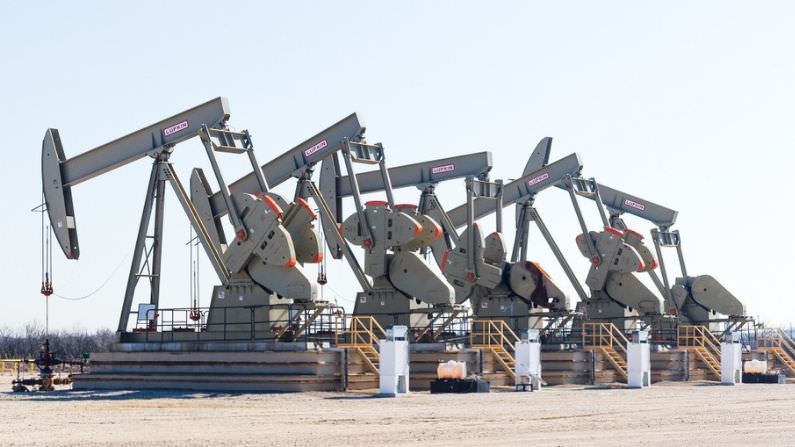The Mountain West is filled with thousands of acres under federal management, either preserved for recreation or leased for resource extraction, grazing or something else. But according to Jesse Prentice-Dunn at the nonprofit Center for Western Priorities, areas designated as wilderness aren’t protected or funded like wild places once they’re leased by fossil fuel companies. His new collaborative report with two other conservation groups, “No Harm, No Foul,” was published last week.
“What our analysis has shown is that if you simply offer an issue, an oil and gas lease on BLM [Bureau of Land Management] land, if it overlaps with our wildest places–wilderness quality lands–those places are three times less likely to be protected to maintain those characteristics than other places,” he said. “So, it’s really a case of land managers prioritizing drilling above conservation.”
Prentice-Dunn and his team dug into land management plans across the West, including in Colorado, Utah and Wyoming. He found that only 5% of lands designated as “wilderness” by the federal government are protected as they ought to be. And that prioritization occurs even if that lease area is never drilled, which happens often according to Prentice-Dunn. That fact especially pushes back on the narrative that oil and gas development isn’t always necessarily impacting public parcels.
“We’re talking about big blocks of land. More than 5,000 acres that are really pristine, that don’t have development on them. And so, trying to maintain some of that wildness, so not running transmission lines through there and not necessarily drilling wells, that’s what we’re talking about here. Not limiting public access for recreation or anything, just trying to maintain that wild characteristic,” Prentice-Dunn said.
One location that illustrates how these funding differences can have a material influence on communities is Rifle, Colorado. This small town has been struggling to build mountain biking infrastructure on public lands due to existing, though unutilized, oil and gas leases, according to the report. That’s held back funding for Rifle and slowed down development.
“You’ve got local towns that are looking to boost their recreation economy through, really, a very cool set of mountain bike trails, and those happen to exist in one of the really wild areas around. But it’s the only wilderness quality land that’s not being managed like that by the BLM,” Prentice-Dunn said.
Overall, the report shows the need for oil and gas leasing reform, according to Prentice-Dunn, from the royalty rates fossil fuel companies pay the federal government to the minutiae of land management.
“Really, taxpayers are being shortchanged at every level here, and speculative oil companies are getting the upper hand,” he said.
Changes may be occurring in the near future, as new drilling speculation continues to be delayed due to legal squabbles on the federal level, and the date of the next lease sale remains uncertain.






